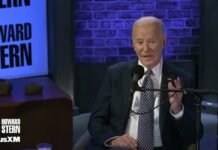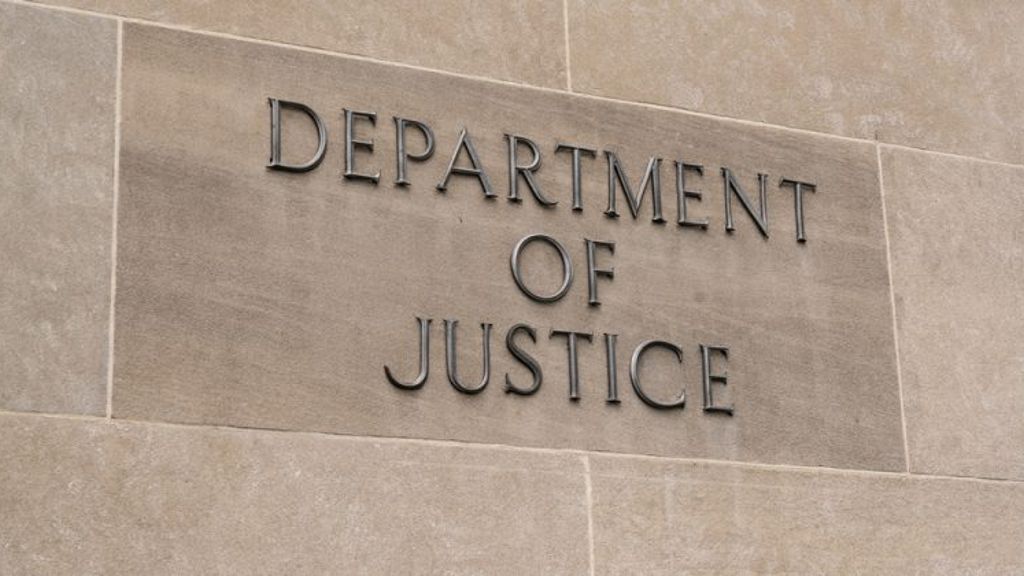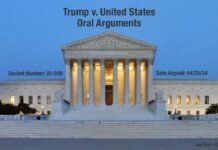[T]here would always be great probability of having the place [of President] supplied by a man of abilities, at least respectable. Premising this, I proceed to lay it down as a rule, that one man of discernment is better fitted to analyze and estimate the peculiar qualities adapted to particular offices, than a body of men of equal or perhaps even of superior discernment.
Federalist Number 76 (Apr. 1, 1788) (Hamilton)
Introduction
This Federalist 76 excerpt succinctly captures the core political theory that serves as a font for several provisions and doctrines of the Constitution establishing that Article II’s Executive Branch of the federal government was designed to be unitary. In other words, the President is the sole head of the Executive Branch. All Executive Branch officials ultimately report to him and thus can and should be removable by him. The only check or balance on this system is that the Senate must confirm a category of so-called principal officers after the President nominates them. These principal officers are the heads of the respective departments—together with those supplemental officers later added by Congress: namely, the upper-management tiers such as the Subcabinet, Assistant Secretaries, and Assistant Attorneys General.
The analysis of this paper is divided into five parts:
Part I further expands on Federalist 76’s theory of the need for a Unitary Appointer in the Executive Branch by rejecting the alternative of using a “body of men” for all appointments.
Part II provides a set of examples of the incorrect and contrary view of a diluted Constitution held by A) the current U.S. Justice Department;1 B) so-called “elite” print media; C) new online media; D) academia; and E) leftist pressure groups. Specifically, these sectors of society, which can collectively be called a body of “influencers,” advance the false paradigm that the Justice Department should be independent of the President. Parts III through V serve to refute this benighted view.
Part III explains the textual provisions of the Constitution that cabin the Executive Branch, thereby fixing its unitary nature and establishing that the Justice Department can be no more independent of the President than the Department of Commerce or the Department of Health and Human Services.
Part IV shows that what really animates the view of modern influencers that the Justice Department is or should be independent is a project that dawned in America’s Progressive Era aiming to get around the Constitution altogether and, in essence, put a new Constitution in its place.
Finally, Part V explains that the main reason the concept of Department of Justice independence has taken firm hold in the lay American mind (even beyond the fact that the proponents of ignoring the Constitution or rewriting it have long captured the educational system in this country) is that the people have become accustomed to conflating the independence of the Justice Department with the separate ideas of equal justice under the law and related norms of the legal profession aimed at avoiding bias. The structure of the federal government is distinct from the conduct of federal officials in particular circumstances occurring within the parameters of that structure.

















































